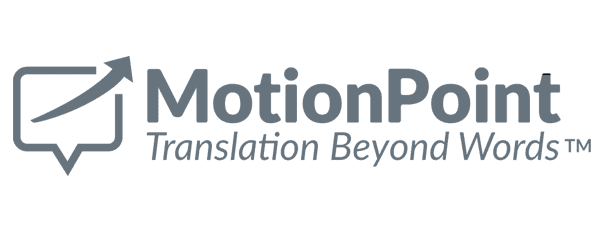




By 2020, the buying power of U.S. Hispanics is predicted to reach $1.7 trillion. That’s a lot of spending dollars that savvy businesses can tap into—but only if they also tap into Hispanic consumers’ preferred ways of doing business.
That means providing your online content in Spanish.
Companies that provide engaging, culturally relevant, Spanish-language content to their Hispanic audiences set themselves up for success in the U.S. and other Spanish-speaking markets, too.
Here’s how to make sure you don’t miss out on this powerful, revenue-growing opportunity.
As of July 2016, an estimated 57.5 million Hispanics currently live in the United States—nearly 18% of the country’s total population. These consumers share a few key traits that are relevant to companies courting their business:
Hispanics view fluency in Spanish as important to preserving their heritage for future generations. Nearly three-quarters of Hispanics age 5 and older speak Spanish at home, so it’s naturally a significant language for business, too.
Nearly 28% of all business growth in the U.S. between 2012 and 2017 is attributed to Hispanic-owned businesses. Hispanic entrepreneurship continues to be a driving force in the U.S.
93% of Hispanic business owners use digital tools to do business—a full 20% more than their non-Hispanic counterparts. Around 75% of them use social media to run their business, too.
U.S. Hispanics are overwhelmingly doing business online, and they’re highly likely to do it in Spanish. Savvy companies are taking advantage of this trend. In fact, research shows that best-in-class companies that aim at least 25% of ad spending at Hispanic consumers are growing by 6.7% annually.
The bottom line: Businesses that want to stay relevant to the country’s largest ethnic population should speak with these consumers online in their language of choice.
Not surprisingly, when you provide good content in Spanish, you can expect Spanish speakers from around the world to show up. After all, "el contenido es el rey"-that is, "content is king."
When you couple great content with a stellar online user experience, your Spanish-language offerings are likely to reach far beyond the U.S. Following best practices in translating for Hispanic consumers can help your company generate as much as 60% of its organic website traffic from underserved international Spanish-speaking markets like Mexico and Latin America.
Translating your website for U.S. Hispanic consumers will drive traffic from Mexico and Latin America, too.
If your business has ambitions to reach these markets, or even if you already have a customer base there, a fully translated Spanish-language website can help you make inroads and increase sales.
Beyond that, research has shown that consumers in Central and South America are strongly influenced by authentic connections with brands. When they feel connected to a business, whether local or U.S.-based, they are more likely to become repeat customers.
The bottom line: When you optimize your online experience for Spanish-language users, you’ll win big with customers beyond the U.S.—often without expending any additional effort or cost.
Reaching Hispanics in the U.S. and beyond doesn't have to be complicated or costly. What you need is an online translation strategy, focused on what will most likely produce wins for your business. Use these tips:
Offer a full user experience in Spanish: Offering only a small portion of translated content just won’t cut it with today’s savvy digital consumers. They notice the lack of parity and disappear—fast. Look for a translation solution that makes use of the content available on your flagship website to reach Spanish-speaking consumers.
Optimize, optimize, optimize: It’s not enough to translate your visible web content. Also translate the “invisibles” that drive search engine rankings: metadata, hreflang tags, keywords that match the habits of Spanish-language searchers, and more.
Choose solutions that don’t rely on a CMS: Best-in-class translation technologies operate independently of your back-end systems, so you don’t lose functionality when you make changes to your content-management platforms. And great solutions are fully turn-key to ease the burden on your internal teams.
Serving Hispanic consumers in the U.S.-and beyond-with Spanish-language web content is a no-brainer in today's market. This strategy offers great payoffs for savvy companies that position themselves to serve this lucrative, growing market segment.